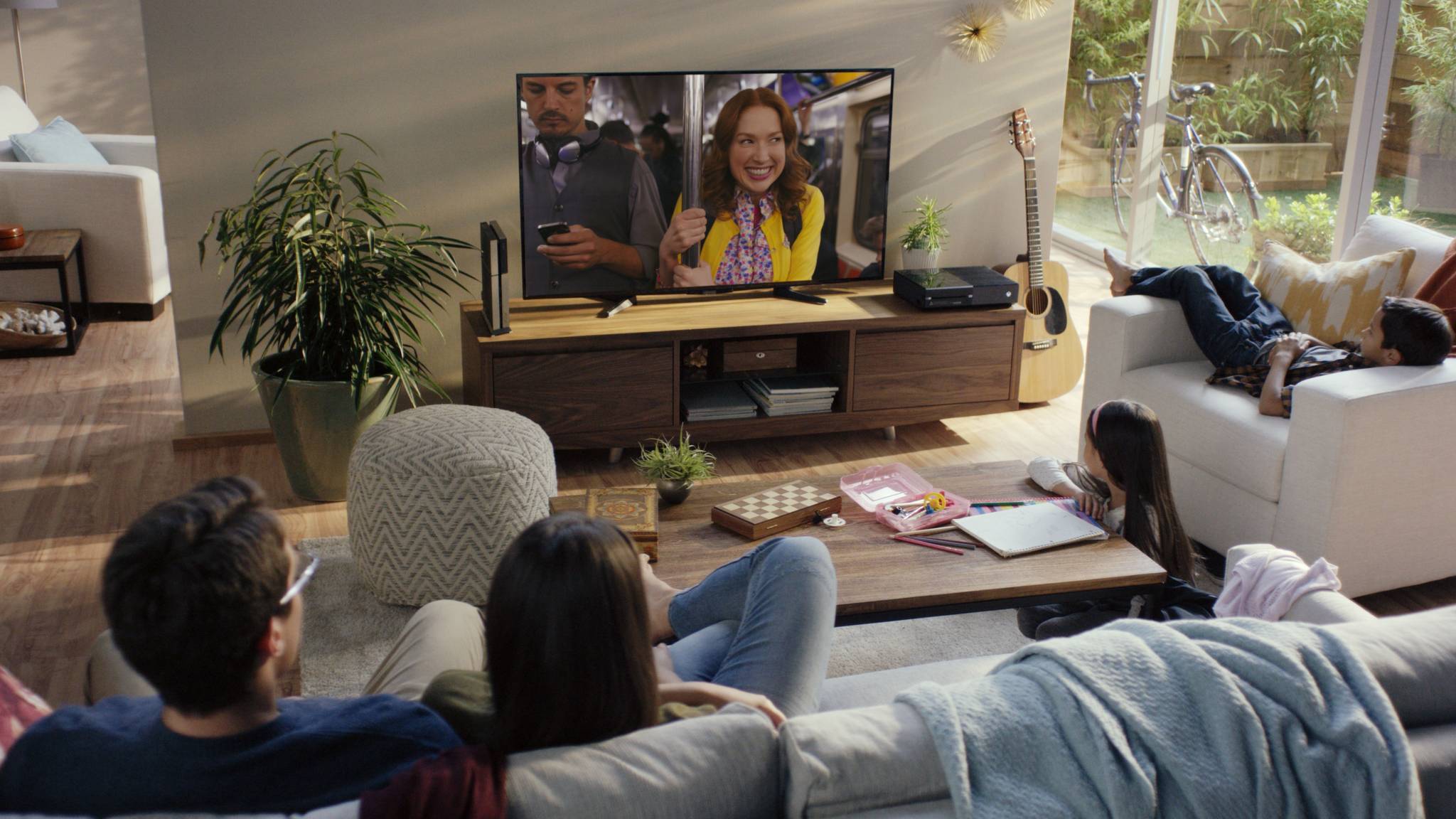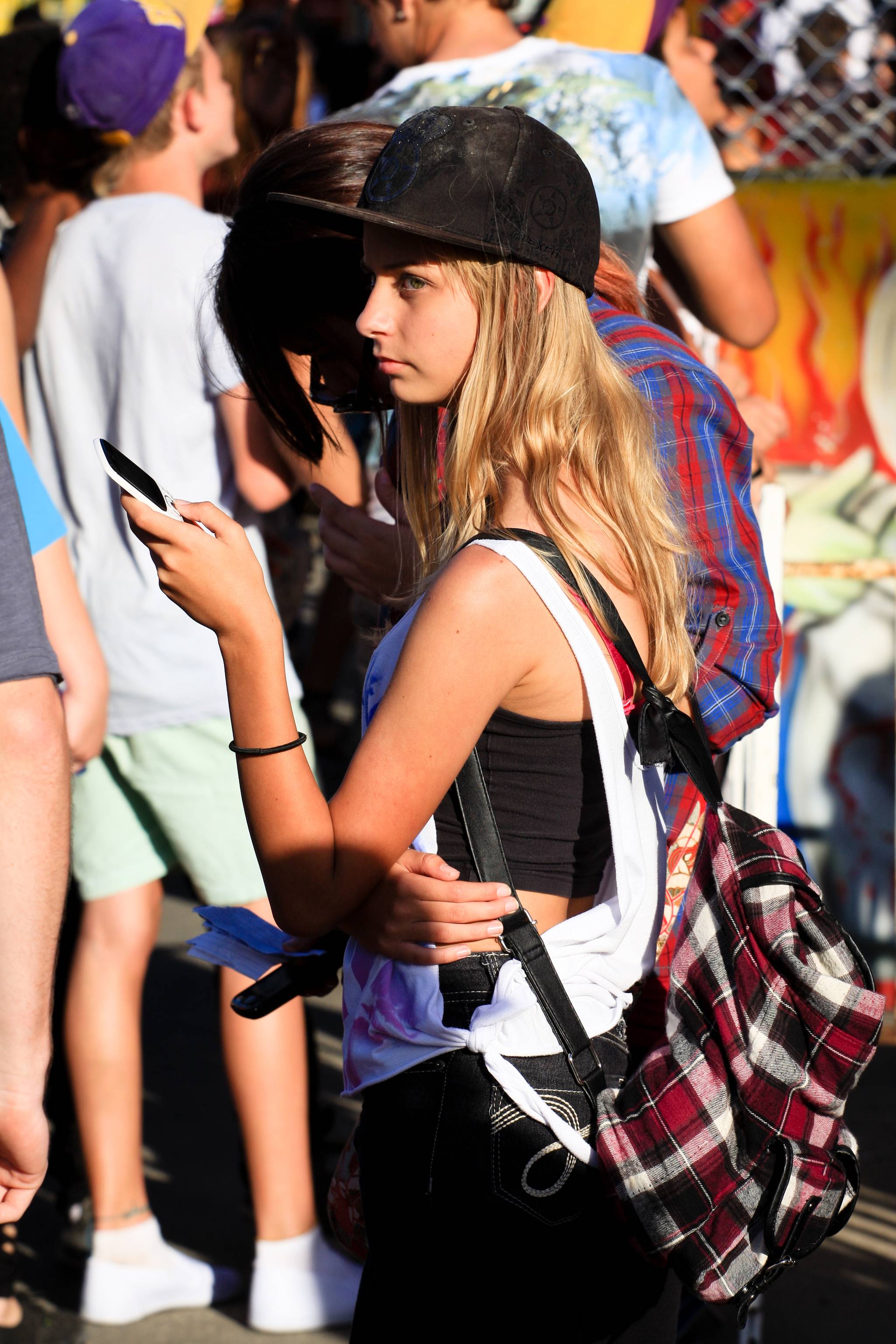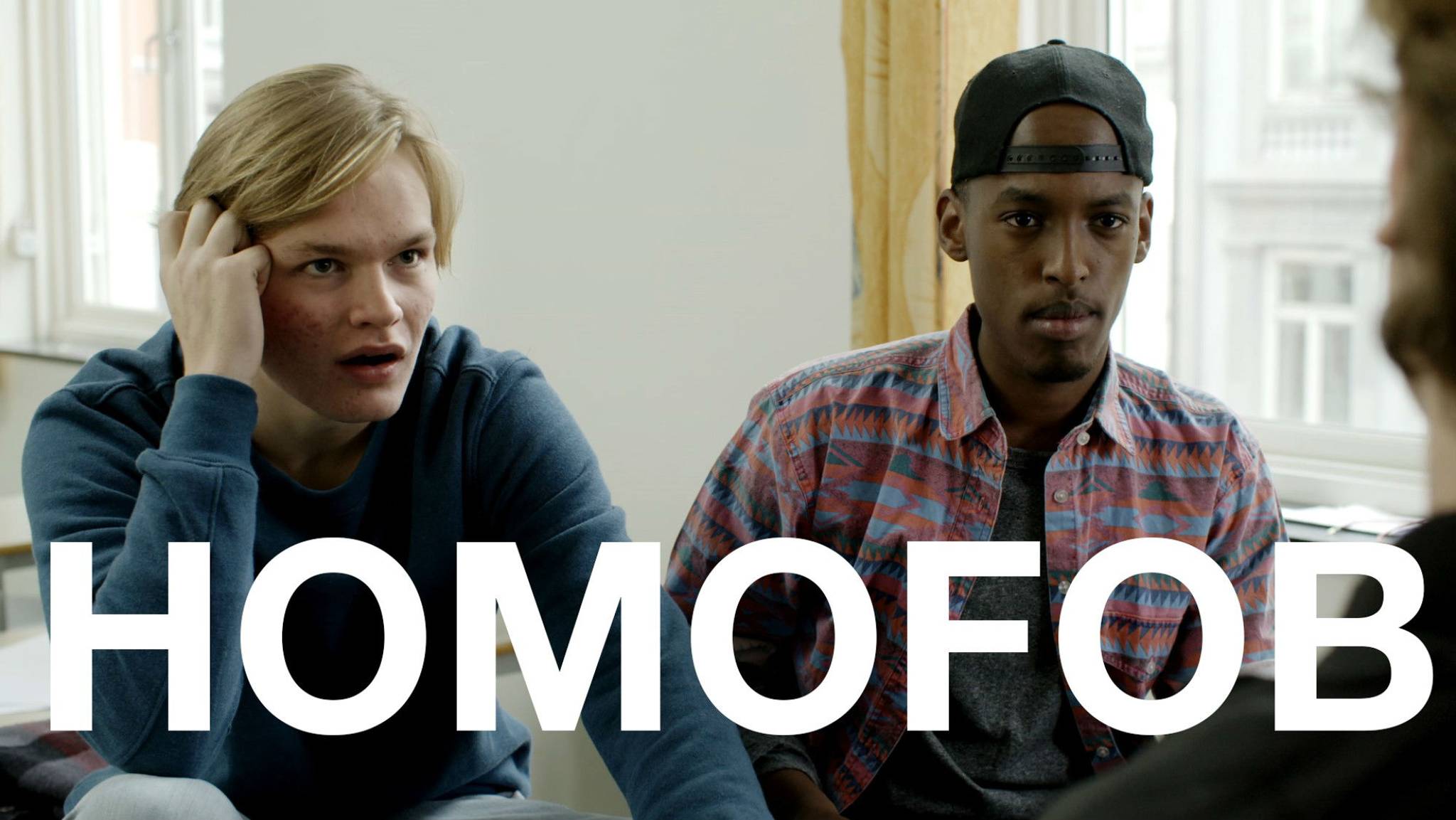
From undercover bedroom antics and bitchy bust-ups to shock re-couplings and surprise dumpings, Love Island – a reality dating show – has Britain hooked. At a time when traditional TV viewing is on the decline, people are turning the box back on to watch singletons find love. We explore the science behind why Love Island has a nation falling head over heels.
Recommissioned for a third series by ITV, Love Island helps singletons in their quest to find love – and gives them the chance to win £50,000 in the process. Following a string of racy episodes, the show hit a record high of over two million viewers, while the hashtag #LoveIsland has been tweeted over 1.8 million times since the latest series started.
Following a year where fake news dominated the headlines and Brexit contributed to the break up of 1.6 million relationships in the UK, it’s no wonder people are relishing entertainment that lets them switch-off from the world. But while 57% of Britons admit that watching daytime or reality TV is their favourite guilty pleasure, few people actually have any shame in viewing the show. Not only is keeping up-to-date on Love Island valuable social currency, but it’s also a well-deserved watch in a society that perpetuates betterment and worships self-improvement, meaning it’s completely acceptable to soak up some low-brow culture.
"We are dealing here with an audience with above-average education, which one could describe as 'cultural omnivores,’” explains Keyvan Sarkhosh, a German film scholar, talking about people’s love of guilty pleasures. “Such viewers are interested in a broad spectrum of art and media across the traditional boundaries of high and popular culture.” While money or class might segregate people on the ‘outside world’, these distinctions don’t matter within pop culture, which makes reality TV a breath of easy-watching fresh air.
Love Island isn’t just helping Britons switch off though. Caitlin Moran, columnist and author of How to Be a Woman, explains how the show helps normalise softer emotions in a society that traditionally bottles them up. “It’s a template for what happens when you go into the outside world and are trying to find a life partner,” she says. “It’s basically an hour of people just talking about their feelings. And that has been incredibly useful to watch with teenage girls.” Plus, with valuable social cred on the line – as well as the fear of missing out – the anticipation for the 9pm show has people ditching catch-up services and tuning in nightly. After all, guilty pleasures are everyone’s favourite (on paper).
Hannah Elderfield is a behavioural analyst at Canvas8, which specialises in behavioural insights and consumer research. who has worked with global clients including BelVita, the UK Government, the FCO, Depend and Superbrands. Outside of work, she can be found shopping, walking her dog or attempting to curb her addiction to Nutella, not all at once of course.



